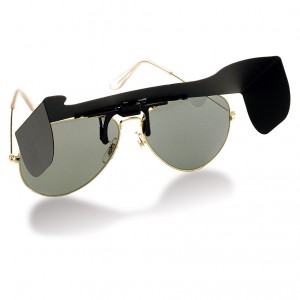I'm a beginner at aviation. I'm currently in training for gliders license. Our instructors mentioned that sunglasses are very important if not mandatory.
What kind of properties do I need to look for in sunglasses to determine whether they are good for flying?

